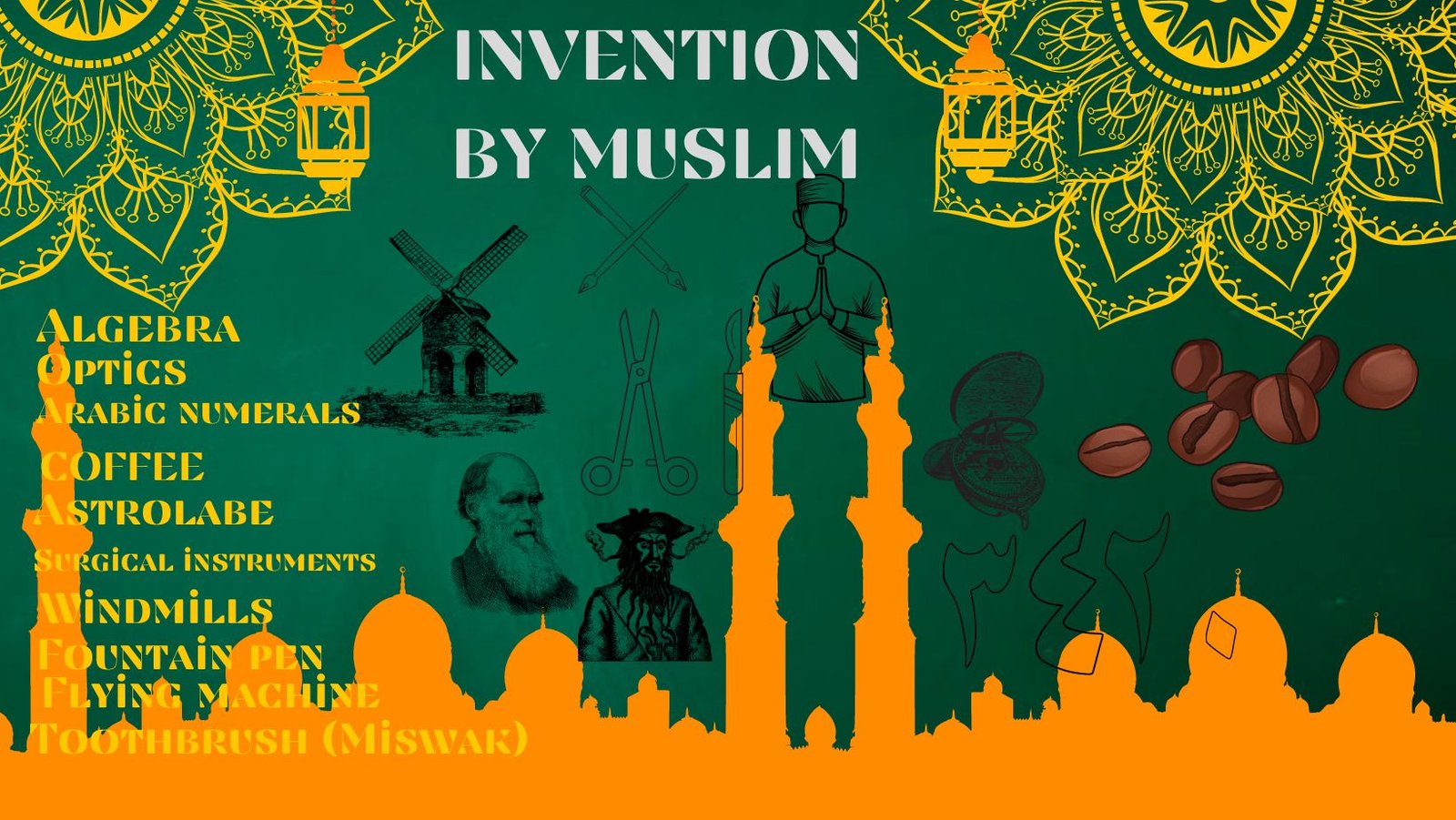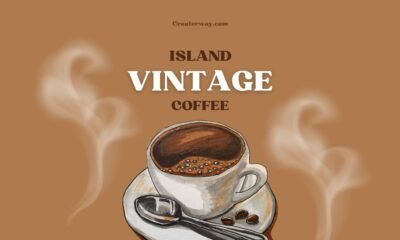GLOBAL NEWS
MUSLIM INVENTIONS
Muslim inventions have made significant contributions to human civilization throughout history, with innovations spanning various fields, including science, mathematics, medicine, and engineering

Muslim inventions have made significant contributions to human civilization throughout history. With innovations spanning various fields, including science, mathematics, medicine, and engineering. From the development of algebra to the invention of the camera obscura, Muslim scientists and scholars have inventions that left an indelible mark on the world. One unique Muslim invention that stands out is the astrolabe, which used for centuries as a tool for navigation, timekeeping, and astronomical observation. The astrolabe allowed Muslim sailors and explorers’ inventions to traverse vast distances, map the stars, and accurately determine the times of prayer, making it a vital instrument in Muslim culture. Today, the astrolabe remains a symbol of the ingenuity and creativity of Muslim inventions, whose legacy continues to inspire new generations of scientists and innovators around the world.

Algebra
One of the most essential Muslim innovations in the discipline of mathematics is algebra. The word algebra comes from the Arabic phrase al-jabr, which means “reunion of damaged elements. ” The mathematician Al-Khwarizmi, who lived in the ninth century, is considered the father of algebra. He wrote an e-book referred to as “Al-Jabr wa al-Muqabalah” (The Compendious e-book on Calculation by Entirety and Balancing) that laid out the basics of algebra. This ebook became translated into Latin in the 12th century and has become a main source of mathematical know-how in Europe.
Astrolabe
An astrolabe is a tool used for measuring the altitude of celestial bodies. It was first developed by way of the historic Greeks, however, it changed into the Muslims who perfected it. The astrolabe became used for plenty of functions, inclusive of determining the direction of Mecca for prayer and navigation. It has also been used by astronomers to have a look at the celebs and planets. And the astrolabe became so essential that it became protected with the emblem of the United international locations instructional. Clinical and Cultural Organization (UNESCO).
Coffee
Coffee is one of the most famous drinks in the world, and it was first determined by Muslims in the 9th century. Legend has it that a goat herder in Ethiopia observed that his goats have become very energetic after consuming the berries of a positive plant. He attempted the berries himself and observed that they had a stimulating effect. Plant eventually cultivated in Yemen. And where it became first roasted and brewed to create espresso as we are aware of it these days. Espresso homes became famous amassing locations for Muslims. And they spread at some stage in the Islamic world and finally to Europe.
Hospitals
Muslims were pioneers in the subject of medicine, and they established some of the sector’s first hospitals. The primary health center established in Baghdad in the 8th century through Caliph Harun al-Rashid. Hospitals have been additionally hooked up in Cairo, and Damascus. And other towns in the course of the Muslim global. Those hospitals had been not simply places for treating the ill, And they have been additional centers of clinical education and studies. Muslim physicians made many vital discoveries. And together with the movement of blood.
Windmill
The windmill is some other important Muslim invention. It first advanced in Persia within the 7th century and turned into used for grinding grain and pumping water. Windmills spread in the course of the Muslim global and eventually to Europe. And where they became a crucial source of energy through the economic Revolution. Windmills are nonetheless used these days. And in lots of components of the world including the Netherlands.
Cleaning soap
soap is every other Muslim invention that has had a large effect on our lives. cleaning soap turned into first made in the ninth century by using Muslim chemists. The soap became made from vegetable oils, including olive oil. And became used for washing clothes and for non-public hygiene. Cleaning soap finally has become a crucial commodity. And within the Muslim global and changed into exported to Europe.And where it became a luxury item.
Toothbrush
The toothbrush is some other Muslim invention that has had a sizable impact on our lives. The primary toothbrush change developed within the Muslim world in the 15th century. It turned into crafted from a stick with bristles crafted from the hairs of a boar or different animal. The toothbrush ultimately spread to Europe, where it became famous in the nineteenth century.
Flying system
The idea of a flying system is not a new one. But the first known success strives at constructing and flying system and turned made by the Muslims. And polymath Abbas ibn Firnas in the 9th century. Ibn Firnas designed wing equipment and made a successful attempt to fly. And he sustained some injuries upon landing. This invention became an enormous achievement in the records of aviation. And paved the way for additional developments within the discipline.
Camera Obscura
The digicam obscura is an optical device that takes an inverted. And a photo of the out-of-doors globe on a floor inside a darkened room. It was first invented by the Muslim scientist Alhazen in the 11th century. The camera obscura turned into utilized by artists to create accuracy. And depictions of outdoor global change into also utilized by scientists to observe optics and astronomy.
Water Clock
The water clock is a device that measures time by way of the drift of water from one container to another. It was first invented by the Muslim engineer Al-Jazari in the thirteenth century. Al-Jazari’s water clock changed into a complex tool that included a huge water tank. And a sequence of gears, and several small clocks. The water clock becomes used for many purposes. And which includes measuring time for prayers. And marking the hours of the day. The signaling of the beginning and end of the operating day.



















